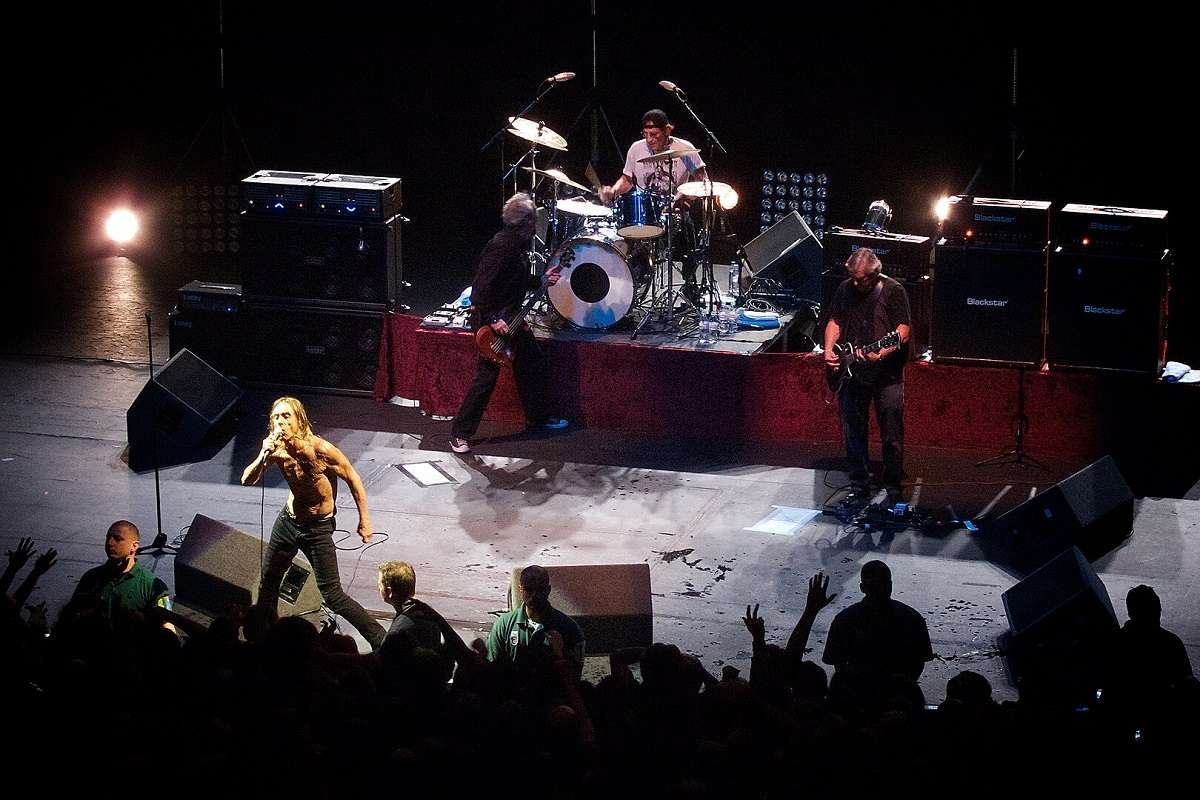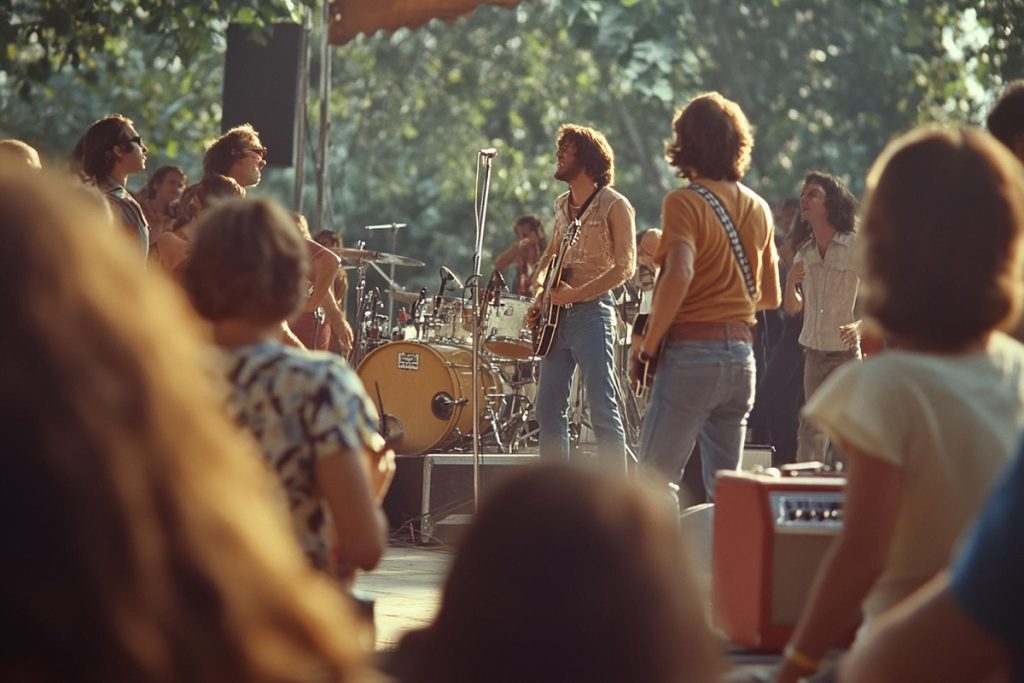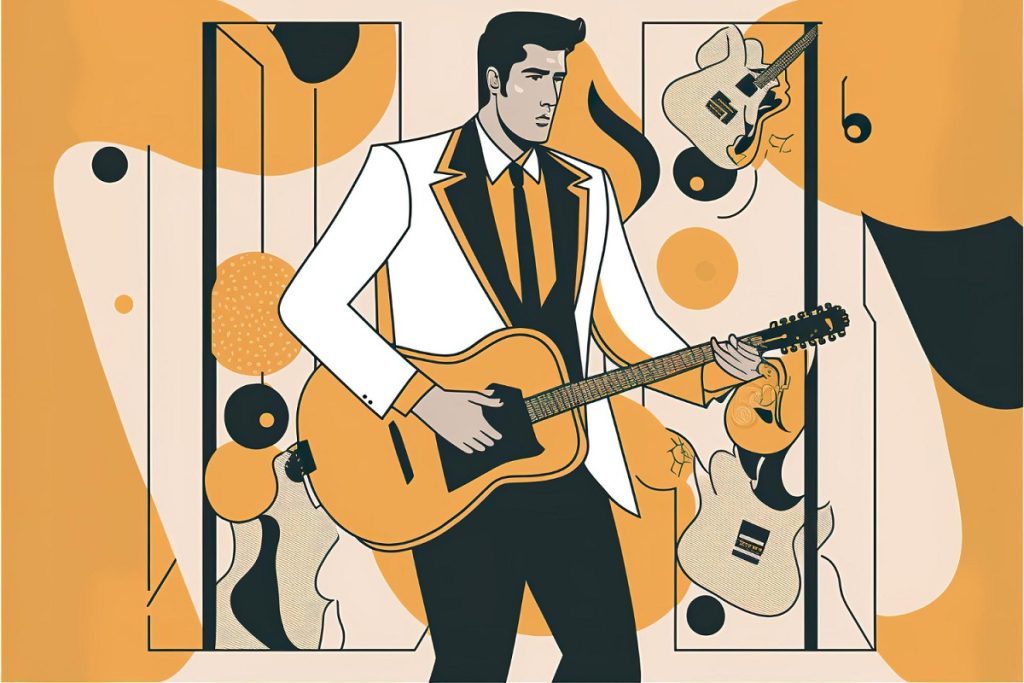The seismic impact of The Stooges on the world of rock, especially in spawning the punk movement of the 1970s, cannot be overstated. Emerging in a period characterized by musical experimentation,
The Stooges burst onto the scene with a raw power and a defiant vibe that predated and presaged the punk ethos that would come to dominate in the years following their debut.
Key elements of The Stooges’ influence
Groundbreaking albums
The Stooges released their self-titled debut album in 1969. While initially not a commercial success, “The Stooges” along with its 1970 follow-up, “Fun House”, shook the foundations of the rock genre with their primal rhythms and aggressive rawness.
Songs like “I Wanna Be Your Dog” with its memorable three-chord guitar riff and relentless drum beat, created a new template for the raw, stripped-down sound that would become synonymous with punk rock.
Iconic performances
An integral component of The Stooges’ influence was their live performances. Frontman Iggy Pop’s unpredictable and often chaotic stage antics — which included crowd diving and confronting audience members — became legendary.
This unfiltered energy resonated deeply with the disenchanted youth of the time, providing a stark contrast to the heavily produced rock shows common in the late 60s and early 70s.
Cultural and historical impact
The Stooges’ music and style reflected and amplified the burgeoning sentiments of rebellion and disenchantment felt by many young people in the late 1960s and early 1970s.
Their sound and attitude provided the blueprint for the punk rock movement, which emerged partly as a reaction to the perceived artifice and pretension of mainstream rock music of the time.
Bands like the Ramones, Sex Pistols, and The Clash cited The Stooges as a significant influence, thus perpetuating their legacy.
Interesting anecdotes
One notable story that captures the essence of The Stooges’ impact involves their inclusion in the 1972 “Raw Power” album, particularly the track “Search and Destroy.”
This song became an anthem of sorts for the punk movement, embodying the genre’s ethos with its lyrical themes of nihilism and destruction.
Years later, it was revealed that the mixing of this track was done in such a way as to make the guitars sound as ferocious as possible, a technique that would become commonplace in punk music production.
The Stooges may not have enjoyed immense commercial success during their initial run, but their influence on the genre of punk rock—and the broader music landscape—is undeniable.
By breaking the mold with their incendiary music and performances, they set the stage for a major cultural shift. The rugged sound and unapologetic attitude of The Stooges continue to resonate, proving that true musical innovation often comes from the most unexpected places.
The Stooges didn’t just play music; they sparked a revolution that would forever alter the course of rock music.






